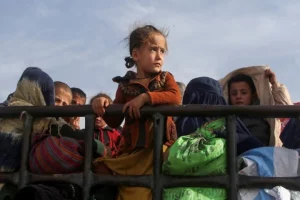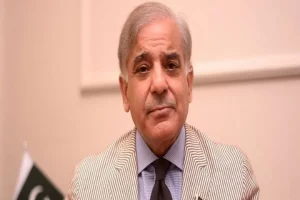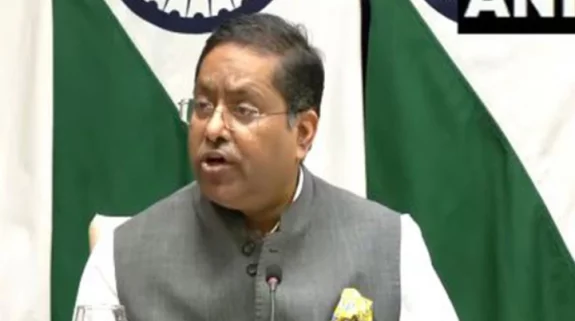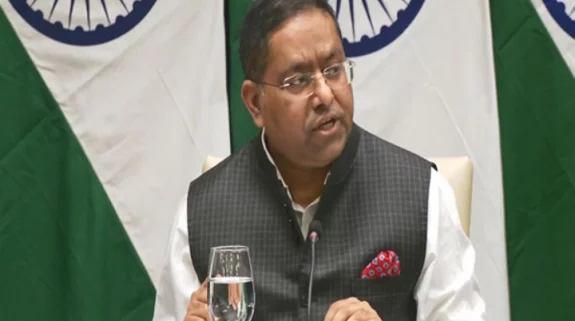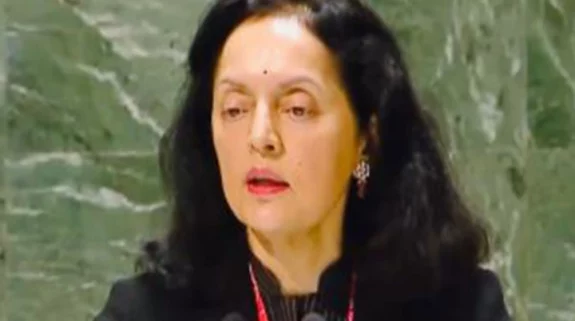As cash strapped Pakistan battles a steady deterioration in economic conditions, the Imran Khan government tabled the Finance (Supplementary) Bill 2021 – touted as a “mini budget” on Thursday. The Khan government is left with little choice as it seeks a $6 billion fresh bailout package from the International Monetary Fund (IMF). The country is currently battling multiple economic challenges including high inflation, weakening currency, thinning foreign exchange reserves and a rise in debt levels.
The bill tabled by the country’s finance minister Shaukat Tarin, is aimed at tightening fiscal measures of the country as it would put an end to several exemptions and subsidies while imposing fresh duties.
“The economic situation is so bad in Pakistan that it has been borrowing from multiple sources, the recent tranche coming from Saudi Arabia. The conditions for all these loans have been very stringent,” Anil Trigunayat former ambassador and Distinguished Fellow at Vivekananda International Foundation told India Narrative.
Earlier this month, Islamabad received a $3 billion loan from Saudi Arabia.
Also read: Have Pakistan’s Army Generals struck a deal with Nawaz Sharif to replace Imran Khan?
The IMF had earlier rejected the proposal for bailout on grounds of inadequate macroeconomic framework and rising uncertainty over the economic roadmap.
“Typically strategic autonomy does tend to get squeezed when a country borrows large amounts from multilateral agencies such as the World Bank and IMF but in Pakistan’s case there is no other way,” Trigunayat said.
With the passage of the bill, several items will become more expensive and this could directly hit the common man, who has already been hit by inflation.
Earlier, China which had provided financial assistance to Pakistan too declined to offer any further aid with the decline in Islamabad’s economic situation.
The World Bank emerged as the largest development partner for Pakistan in 2020-21. Its new commitments stood at $4.675 billion. This is followed by $952 million from the Islamic Development Bank, $902 million from the Asian Development Bank (ADB), and $326 from the Asian Infrastructure Investment Bank.
In 2020-21, Pakistan’s external debt stood at $85.6 billion—a 10 per cent increase over the previous year. In 2019-20, the country’s external debt was at $77.9 billion.
Pakistan owes about $11.54 billion to the Paris Club lending countries that include $1.42 billion to Germany, $175 million to Italy, $5 million to the UK besides $403 million to Canada.









